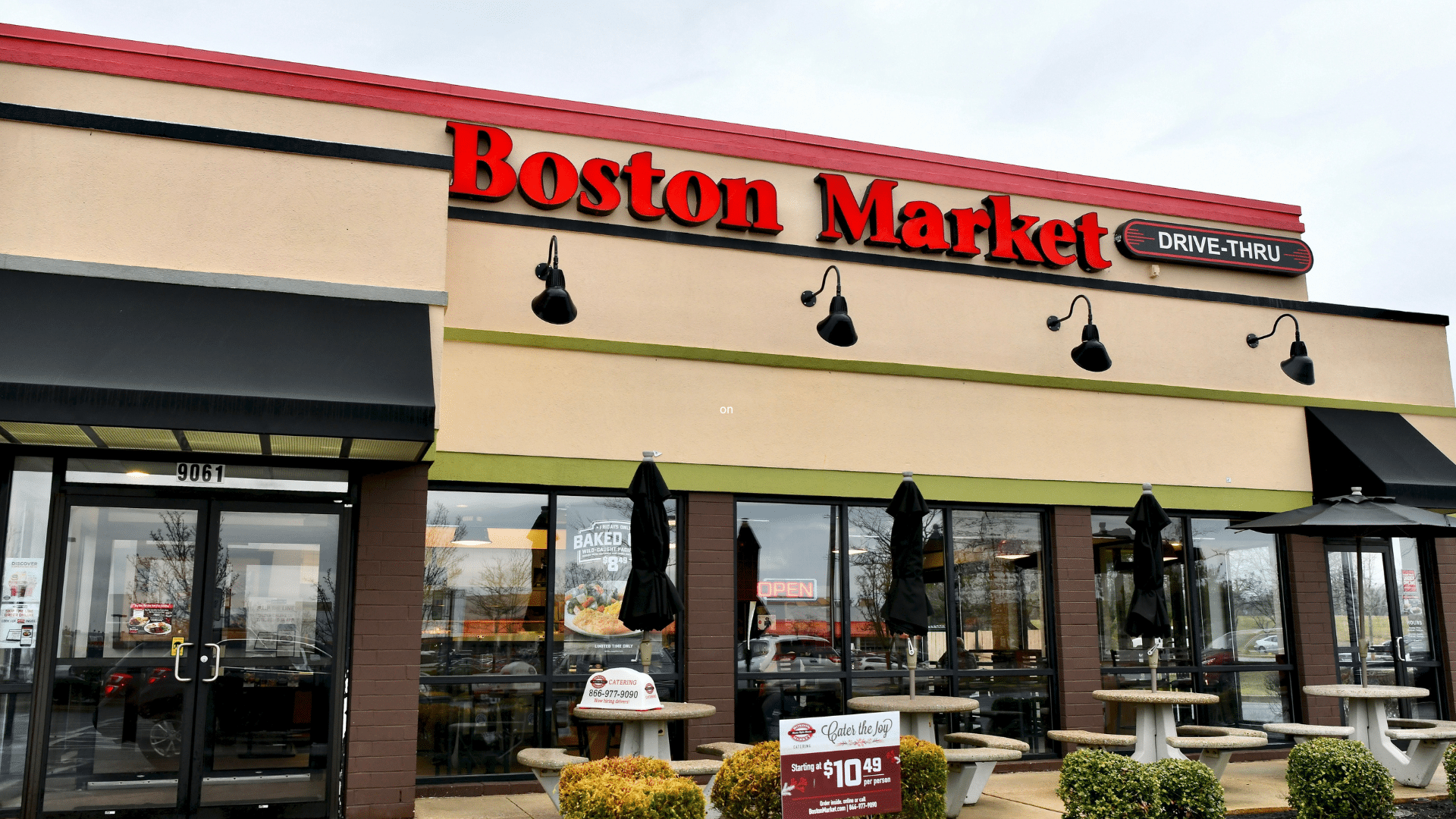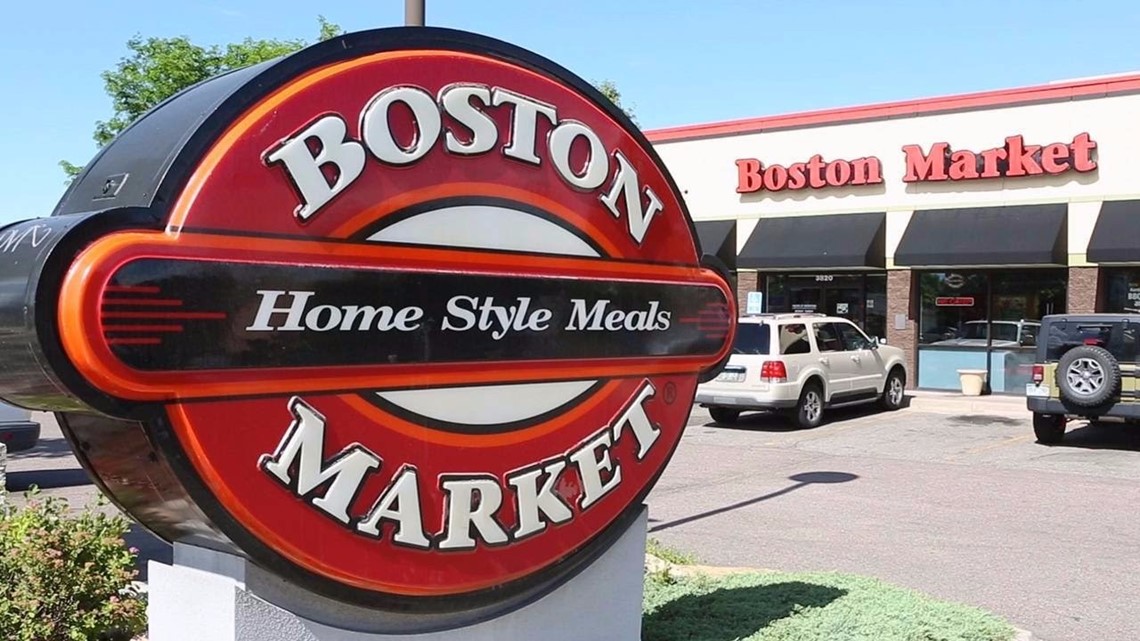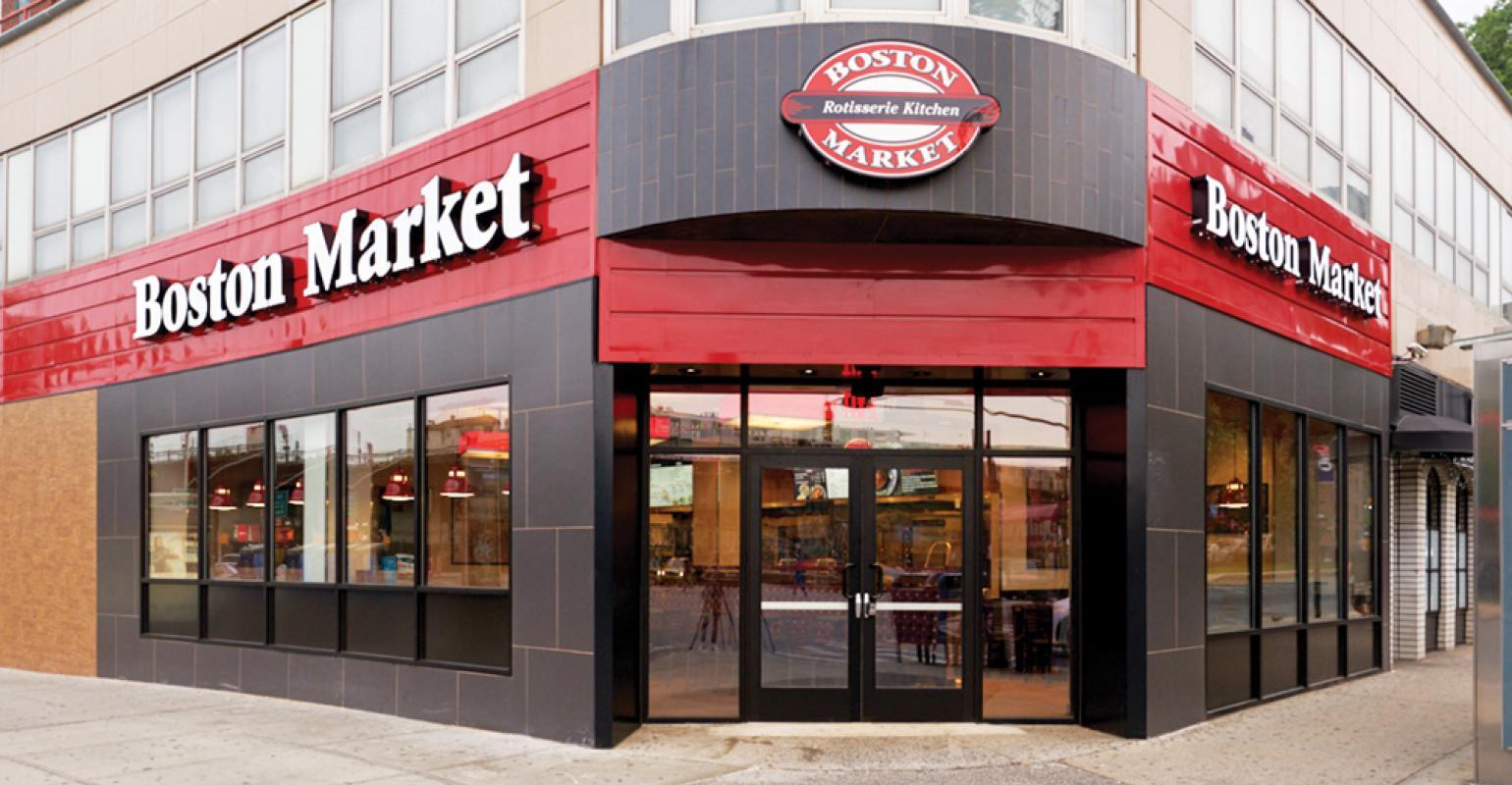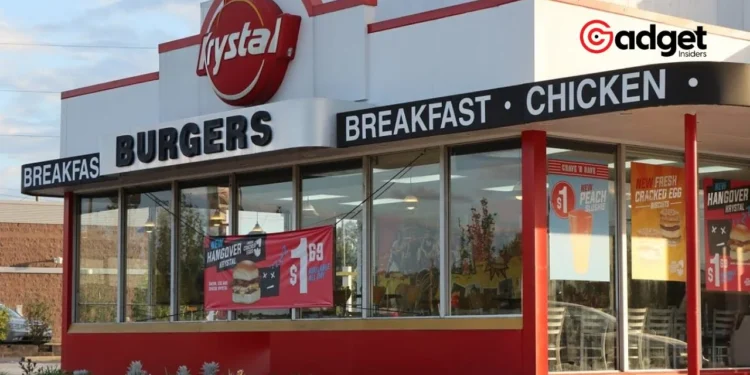In the ever-evolving landscape of the American fast-food industry, the decline of a once-dominant brand serves as a poignant reminder of the transient nature of business success. Boston Market, a name synonymous with homestyle meals and convenient dining, finds itself teetering on the brink of oblivion, a stark contrast to its heyday when nearly 1,000 outlets dotted the nation.

A Steady Decline Amidst Rising Challenges
The story of Boston Market’s downfall is not unique in the realm of corporate America but is particularly illustrative of how mismanagement and market evolution can lead to the collapse of a once-thriving chain.
Historically, the brand enjoyed a robust presence, especially in the Northeast during the 1980s, akin to how Howard Johnson once stood as a staple of American rest stops. However, as the landscape shifted with new competitors and changing consumer preferences, Boston Market struggled to keep pace.
Recent developments have only accelerated the chain’s decline. Jignesh “Jay” Pandya, the owner of Boston Market, faced a significant setback when his plea for Chapter 11 bankruptcy protection was denied for the second time, prohibiting any further filings for six months.
This decision has left the company exceedingly vulnerable, with no shield against creditors during a time of severe financial distress.
Fast-food chain closes restaurants after Chapter 11 bankruptcy https://t.co/U6Y3DASoav
— TheStreet (@TheStreet) March 15, 2024
Boston Market: The Financial Turmoil and Operational Collapse
Boston Market’s woes extend beyond bankruptcy issues. The chain has been grappling with extensive financial obligations, including a staggering $11 million owed to US Foods, its primary food vendor, and over 140 lawsuits covering a range of issues from unpaid wages to overdue rent.
The severity of these challenges culminated in the seizure of its headquarters by the Colorado Department of Revenue in May 2022 due to unpaid sales and payroll taxes amounting to $329,000.
Operational difficulties have compounded financial troubles. Many locations have been abruptly evicted and shuttered. The company’s capacity to communicate with its partners and the public has effectively ceased, leaving even its core vendors in the dark.
Bellisio Foods, which manufactures frozen meals for Boston Market, reported a complete shutdown in communications, highlighting the dire state of the company’s operational capabilities.

The Uncertain Future of Remaining Outlets
As of now, the number of operational Boston Market locations continues to dwindle, with recent closures in the San Francisco Bay Area and reports indicating only a few stores might still be open.
These outlets operate without any corporate support, potentially deviating from the company’s established standards of food quality and customer service, which ironically, the company still promotes on its operational website.
The stark reality is highlighted by the company’s promotional material, which nostalgically recalls freshly roasted chicken and homemade cornbread — a far cry from the current situation where it is unclear what, if any, food is being served at the remaining locations.

A Cautionary Tale for the Fast Food Industry
Boston Market’s trajectory serves as a cautionary tale for other players in the fast food industry. It underscores the importance of adapting to market changes and the dangers of complacency. For Boston Market, the end seems near, and with it, the closure of a chapter in American fast food history.
The case of Boston Market is not just about the failure of a company but a reflection on the dynamic and often unforgiving nature of the business landscape where today’s success does not necessarily translate into tomorrow’s survival.










